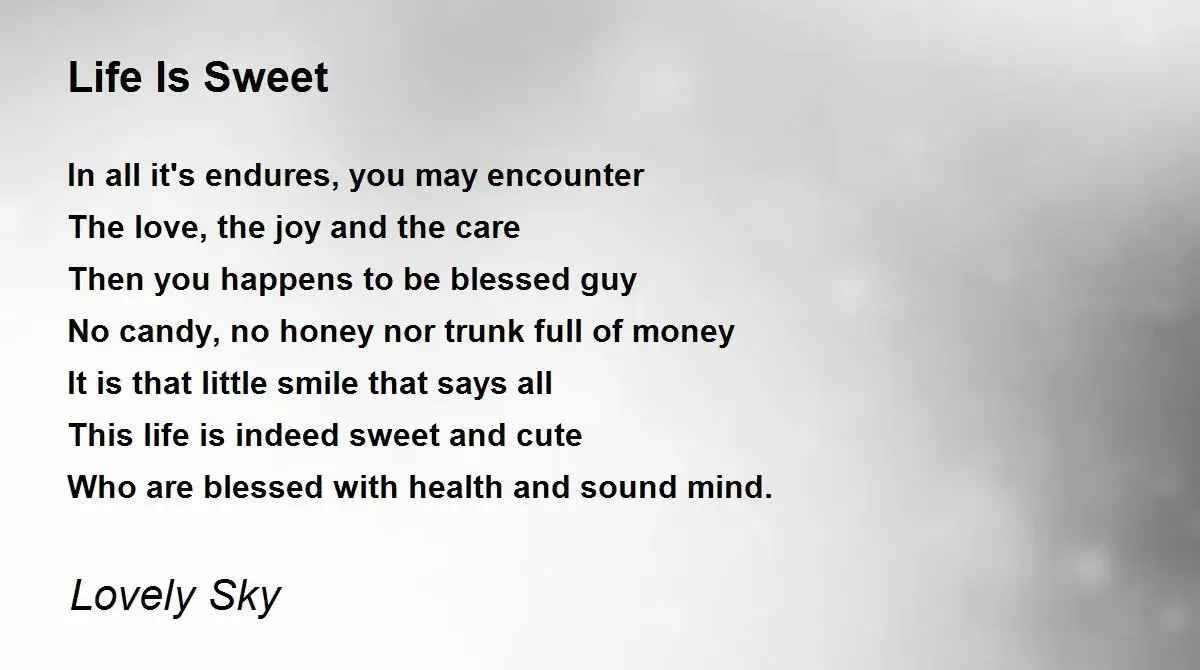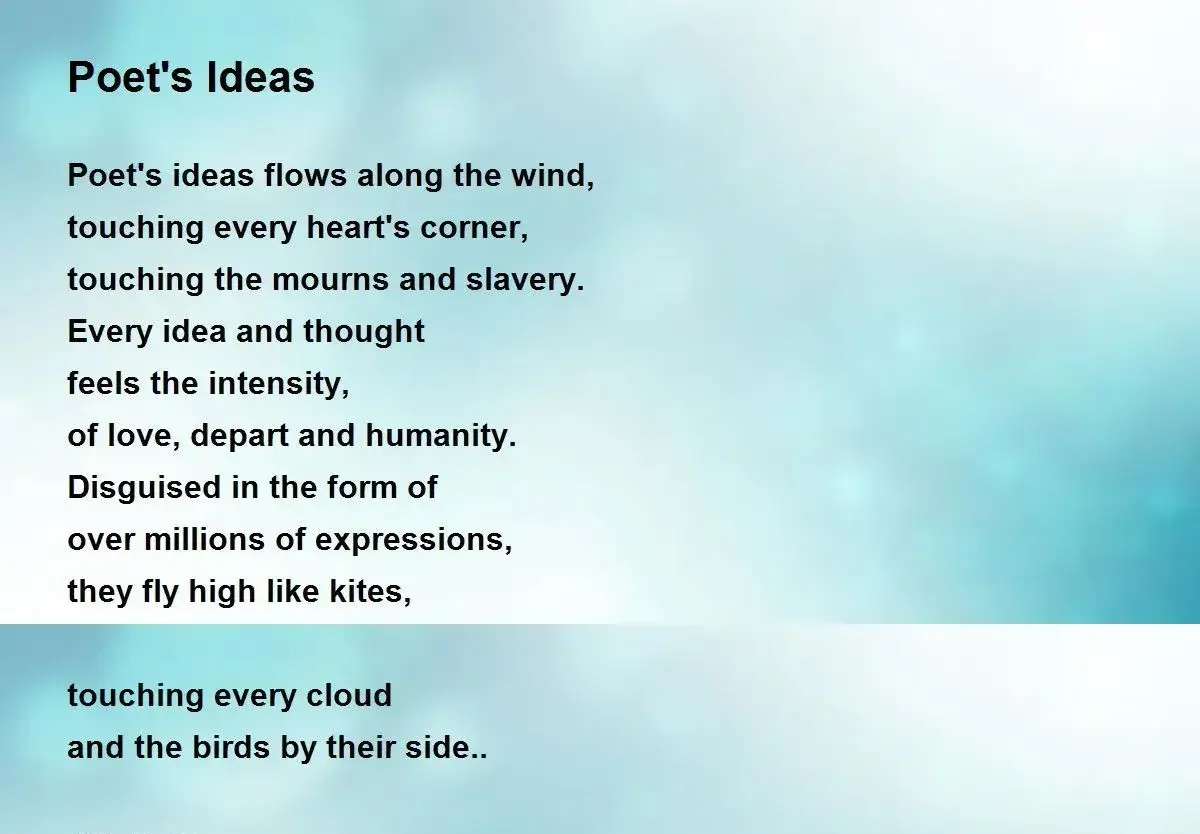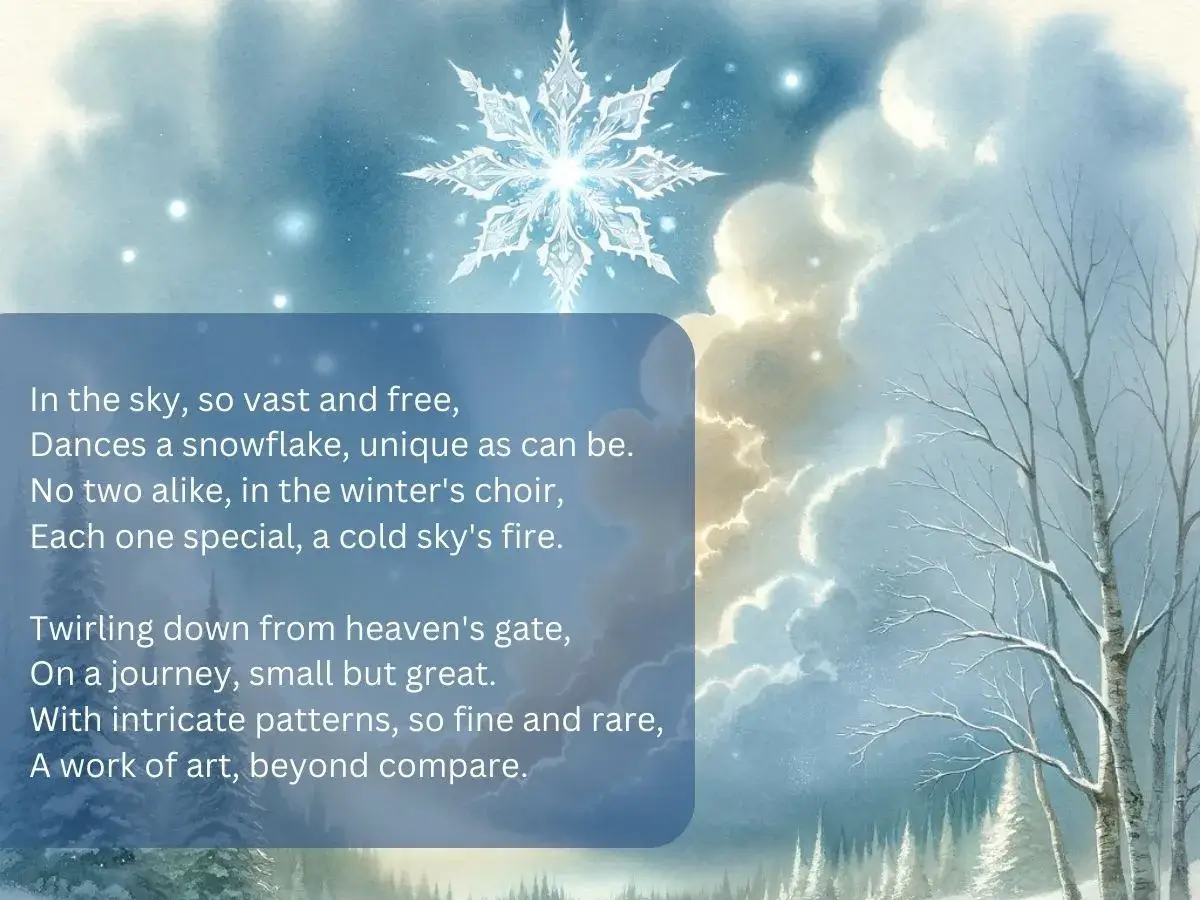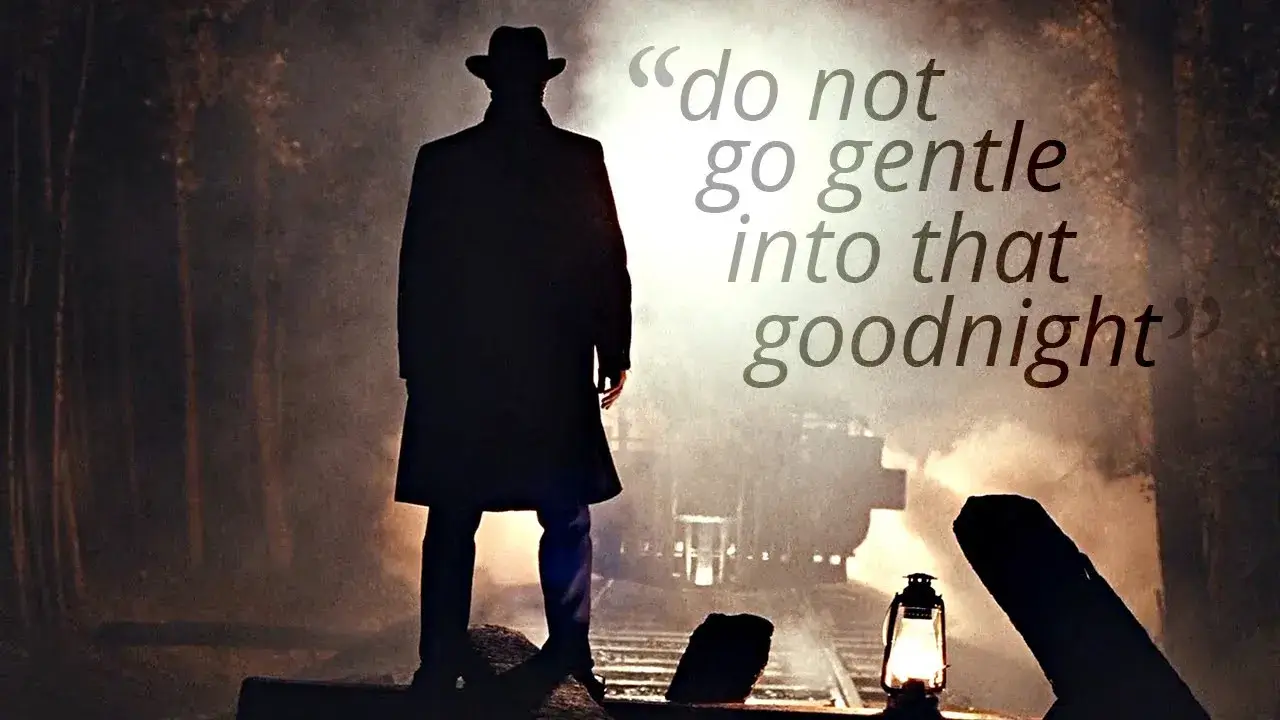
Cool Poems are the poems that capture your imagination, make you think about something and sometimes even surprise you with their words. These poems can be about anything such as love, life or even something funny. The best part of these kind of poems is that they stick with you forever, Cool poems often have a fresh voice that draws you in and makes you want to read them again and again.
Some poems are perfect for memorizing because of their flow, memorable lines, and a powerful message. Poems like these have a steady rhythm and a sweet rhyme that make them easier to remember. These poems teach you something about life, and the words express a feeling or simply be enjoyable to recite. They are often the kind of poems which you want to be share with your friends and family because of their simple beauty and the emotions they bring up.
Cool Poems

so many things seem filled with the intent
to be lost that their loss is no disaster.
Lose something every day. Accept the fluster
of lost door keys, the hour badly spent.
The art of losing isn’t hard to master.
Then practice losing farther, losing faster:
places, and names, and where it was you meant
to travel. None of these will bring disaster.[/quote] [quote]I lost my mother’s watch. And look! my last, or
next-to-last, of three loved houses went.
The art of losing isn’t hard to master.
I lost two cities, lovely ones. And, vaster,
some realms I owned, two rivers, a continent.
I miss them, but it wasn’t a disaster.
—Even losing you (the joking voice, a gesture
I love) I shan’t have lied. It’s evident
the art of losing’s not too hard to master
though it may look like (Write it!) like disaster.[/quote] [quote]Does it dry up
like a raisin in the sun?
Or fester like a sore—
And then run?
Does it stink like rotten meat?
Or crust and sugar over—
like a syrupy sweet?
Maybe it just sags
like a heavy load.[/quote]
[quote]That is no country for old men. The young
In one another’s arms, birds in the trees
—Those dying generations—at their song,
The salmon-falls, the mackerel-crowded seas,
Fish, flesh, or fowl, commend all summer long
Whatever is begotten, born, and dies.
Caught in that sensual music all neglect
Monuments of unageing intellect.
An aged man is but a paltry thing,
A tattered coat upon a stick, unless
Soul clap its hands and sing, and louder sing
For every tatter in its mortal dress,
Nor is there singing school but studying
Monuments of its own magnificence;
And therefore I have sailed the seas and come
To the holy city of Byzantium.[/quote]
[quote]O sages standing in God’s holy fire
As in the gold mosaic of a wall,
Come from the holy fire, perne in a gyre,
And be the singing-masters of my soul.
Consume my heart away; sick with desire
And fastened to a dying animal
It knows not what it is; and gather me
Into the artifice of eternity.
Once out of nature I shall never take
My bodily form from any natural thing,
But such a form as Grecian goldsmiths make
Of hammered gold and gold enamelling
To keep a drowsy Emperor awake;
Or set upon a golden bough to sing
To lords and ladies of Byzantium
Of what is past, or passing, or to come.[/quote]
Read More: If Poem by Kipling
Best & Good Poems to Memorize

Who said—“Two vast and trunkless legs of stone
Stand in the desert. . . . Near them, on the sand,
Half sunk a shattered visage lies, whose frown,
And wrinkled lip, and sneer of cold command,
Tell that its sculptor well those passions read
Which yet survive, stamped on these lifeless things,
The hand that mocked them, and the heart that fed;
And on the pedestal, these words appear:
My name is Ozymandias, King of Kings;
Look on my Works, ye Mighty, and despair!
Nothing beside remains. Round the decay
Of that colossal Wreck, boundless and bare
The lone and level sands stretch far away.[/quote] [quote] Half a league, half a league,
Half a league onward,
All in the valley of Death
Rode the six hundred.
“Forward, the Light Brigade!
Charge for the guns!” he said.
Into the valley of Death
Rode the six hundred.[/quote] [quote]Forward, the Light Brigade!”
Was there a man dismayed?
Not though the soldier knew
Someone had blundered.
Theirs not to make reply,
Theirs not to reason why,
Theirs but to do and die.
Into the valley of Death
Rode the six hundred. [/quote] [quote]Cannon to right of them,
Cannon to left of them,
Cannon in front of them
Volleyed and thundered;
Stormed at with shot and shell,
Boldly they rode and well,
Into the jaws of Death,
Into the mouth of hell
Rode the six hundred. [/quote] [quote]Flashed all their sabres bare,
Flashed as they turned in air
Sabring the gunners there,
Charging an army, while
All the world wondered.
Plunged in the battery-smoke
Right through the line they broke;
Cossack and Russian
Reeled from the sabre stroke
Shattered and sundered.
Then they rode back, but not
Not the six hundred. [/quote]
Read More: Daffodils by Wordsworth
Easy to Remember Poems

Akhilleus’ anger, doomed and ruinous,
that caused the Akhaians loss on bitter loss
and crowded brave souls into the undergloom,
leaving so many dead men–carrion
for dogs and birds; and the will of Zeus was done.[/quote] [quote]Twas brillig, and the slithy toves
Did gyre and gimble in the wabe:
All mimsy were the borogoves,
And the mome raths outgrabe.
“Beware the Jabberwock, my son!
The jaws that bite, the claws that catch!
Beware the Jubjub bird, and shun
The frumious Bandersnatch![/quote]
[quote]He took his vorpal sword in hand;
Long time the manxome foe he sought—
So rested he by the Tumtum tree
And stood awhile in thought.
And, as in uffish thought he stood,
The Jabberwock, with eyes of flame,
Came whiffling through the tulgey wood,
And burbled as it came! [/quote]
[quote]I have a little shadow that goes in and out with me,
And what can be the use of him is more than I can see.
He is very, very like me from the heels up to the head;
And I see him jump before me, when I jump into my bed.
The funniest thing about him is the way he likes to grow—
Not at all like proper children, which is always very slow;
For he sometimes shoots up taller like an india-rubber ball,
And he sometimes gets so little that there’s none of him at all.
He hasn’t got a notion of how children ought to play,
And can only make a fool of me in every sort of way.
He stays so close beside me, he’s a coward you can see;
I’d think shame to stick to nursie as that shadow sticks to me! [/quote]
[quote]O Lord, You have searched me and known me.
You know when I sit down and when I rise up;
You understand my thought from afar.
You scrutinize my path and my lying down,
And are intimately acquainted with all my ways.
Even before there is a word on my tongue,
Behold, O Lord, You know it all.
You have enclosed me behind and before,
And laid Your hand upon me.
Such knowledge is too wonderful for me;
It is too high, I cannot attain to it.[/quote]
Read More: Short Poems About Life
Cool Poems to Memorize

for some time for the Parks and Rec.
Horticultural Department, which means,
perhaps, that with his very large hands,
perhaps, in all likelihood,
he put gently into the earth
some plants which, most likely,
some of them, in all likelihood,
continue to grow, continue
to do what such plants do, like house
and feed small and necessary creatures,
like being pleasant to touch and smell,
like converting sunlight
into food, like making it easier
for us to breathe.[/quote] [quote] I’m not sure I remember what we did
before we LOVED. Were we gherkins bobbing
in our harmless jars, with vinegar and seeds?
Or were we stuffed in a tube of sleep for years?
Probably; but that kind of life is carbohydrate.
If I enjoyed anything then it was feeling FULL.[/quote] [quote]The still explosions on the rocks,
the lichens, grow
by spreading, gray, concentric shocks.
They have arranged
to meet the rings around the moon, although
within our memories they have not changed.
And since the heavens will attend
as long on us,
you’ve been, dear friend,
precipitate and pragmatical;
and look what happens. For Time is
nothing if not amenable.
The shooting stars in your black hair
in bright formation
are flocking where,
so straight, so soon?
–Come, let me wash it in this big tin basin,
battered and shiny like the moon.[/quote]
[quote]If you subtract the minor losses,
you can return to your childhood too:
the blackboard chalked with crosses,
the math teacher’s toe ring. You
can be the black boy not even the buck-
toothed girls took a liking to:
the match box, these bones in their funk
machine, this thumb worn smooth
as the belly of a shovel. Thump. Thump.
Thump. Everything I hold takes root.
I remember what the world was like before
I heard the tide humping the shore smooth,
and the lyrics asking: How long has your door
been closed? I remember a garter belt wrung
like a snake around a thigh in the shadows
of a wedding gown before it was flung
out into the bluest part of the night.[/quote]
[quote]This is a poem on my other’s body,
I mean, my mother’s body, I mean the one
who saved her braid of blue-black hair
in a drawer when I was little.
Meaning one I could lean against —
against not in resistance. Fuzzy dress
of wuzzy one. Red lipstick one.
Kitchen one. Her one to me,[/quote]
Read More: Sad Poems of Love



